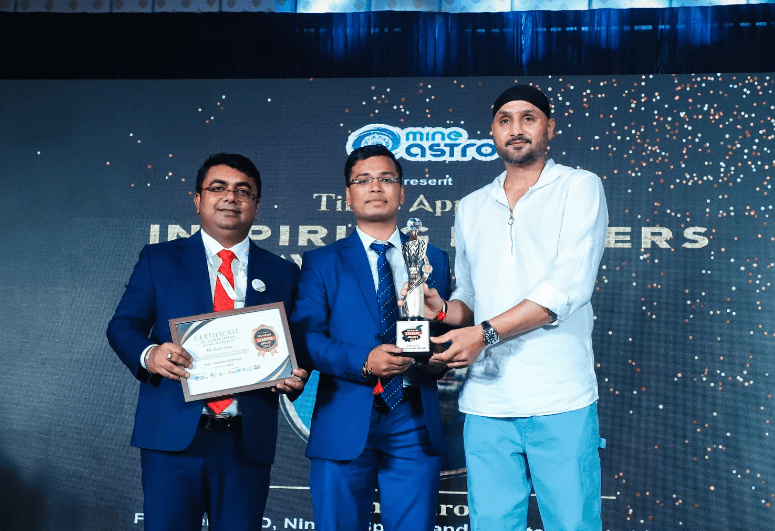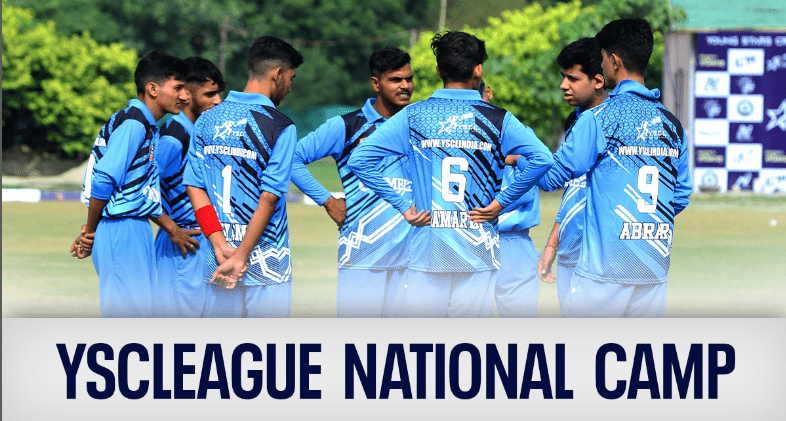Lack of permanent coach, inability to adjust to big arenas, inadequate strength lead to a quiet exit, spotlighting struggles of next gen of women’s singles shuttlers after Sindhu.

Aakarshi Kashyap thought she was in the game till 13-14 in her first round against Pai Yu Po. Then on the most prestigious stage of the All England, came the most predictable ending – a 21-16, 21-11 loss in 37 minutes. The World No 43, technically India’s No 2 in women’s singles, knew how the 37 minutes looked – forgettable. “People see us only on court. They don’t know how tough it is before and after the match,” she says about the struggle to raise her game to match the biggest competitive stages and most scorching spotlights.
The new grey courts of the All England get a fine mauve hue, looking quite fetching. The winning performances and splash of colour of international stars gleams in stark relief. PV Sindhu hurried through a first set win before Yvonne Li conceded at 21-10. HS Prannoy got followers worried about yet another early exit, going down 21-14, 13-21, 13-21 to Su Li Yang. Though progress on his gut issues and how he regains court-speed will be minutely followed as he travels to the Olympics in coming months. But like Aakarshi reminds, her briefest of All England outings will simply get forgotten beyond the court and her career will remain unseen.
It’s been the story of India’s women’s singles players since PV Sindhu, who reached dizzy heights of success to become India’s greatest shuttler, despite not courting All England glory. It’s also been the country’s collective failing that an earnest, hard-working shuttler like Aakarshi, just couldn’t break through like her predecessors.

“Maybe because I don’t win much on the international circuit, there’s this feeling that I’m lacking in strength. But I can hit from my rear court to the opposite corner,” she says, disappointed with her loss, but not from want of effort. Her strength has been found lacking, and the speed diminishes as the match progresses, with most of her returns limping into the net when pushed to the back by the Taiwanese. “Most of us start strength training in our 20s,” she says, of a critical factor that is seeing an entire generation fall through the cracks.
But there’s the whole unseen support system that is lacking. “Our biggest challenge has been not getting the facilities that Sindhu di or Saina di got. We don’t have our own physios, sparring partners and coaches even. DK Sen sat for my match, and he’s a very good coach. But he doesn’t train me regularly. So the connect is not there suddenly in big matches. Sometimes there’s no coach,” she explains. “Maybe we had the capacity to beat top names, but the exposure, self belief and confidence has just never been there,” she adds.

Aakarshi’s ranking allowed her to get into the main draw at All England, but she’s unsure of what she’ll play next. “If I’m picked for the Asian Championship then I’ll go. Otherwise I don’t know,” she says, sounding a little lost.



